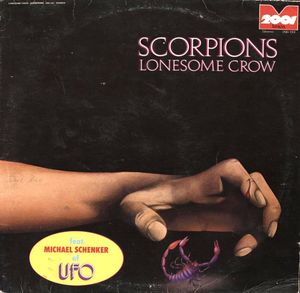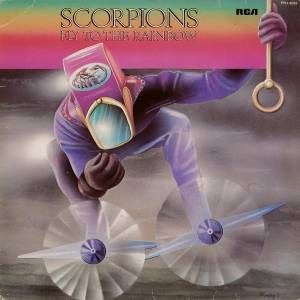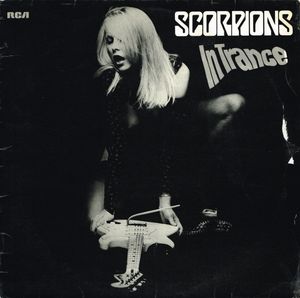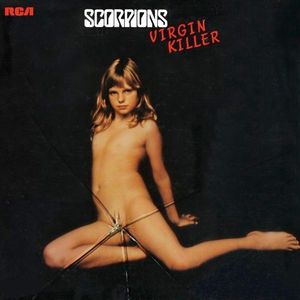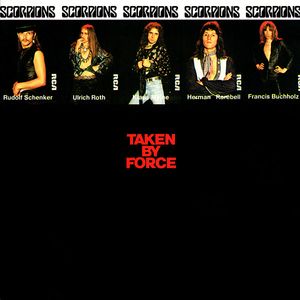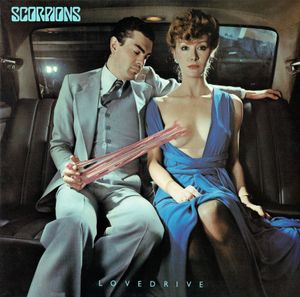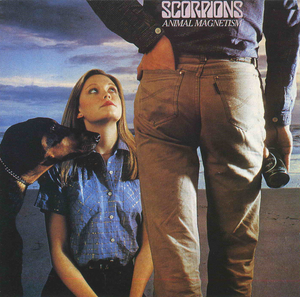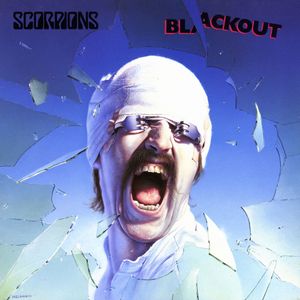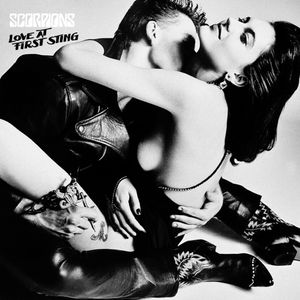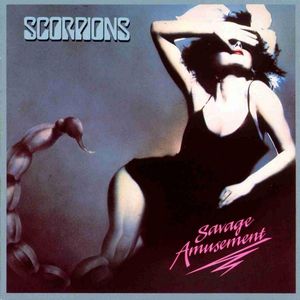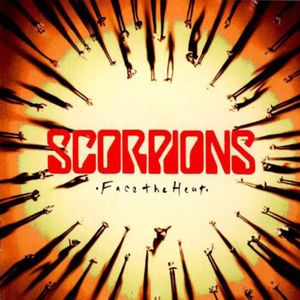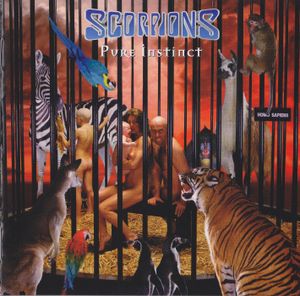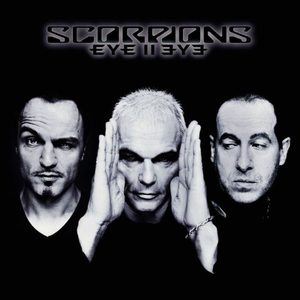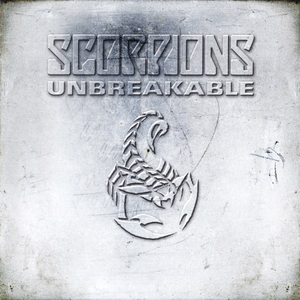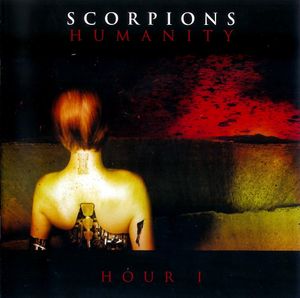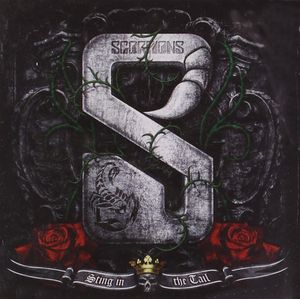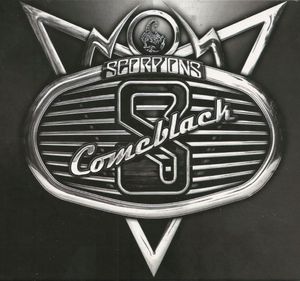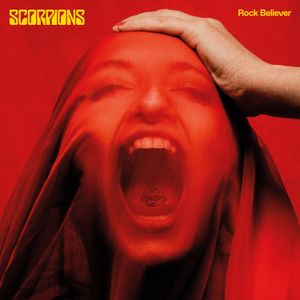

Scorpions
Follow Your Favorite Band Today!
Top Scorpions Community Posts
Story of Scorpions
The Scorpions: A Journey Through Hard Rock and Heavy Metal
The Scorpions, a German hard rock band hailing from Hanover, were forged in 1965 by the masterful guitarist, Rudolf Schenker. While the band has seen numerous lineup changes, the period between 1978 and 1992 stands out as their golden age. This iconic lineup, featuring Klaus Meine (vocals), Rudolf Schenker (rhythm guitar), Matthias Jabs (lead guitar), Francis Buchholz (bass), and Herman Rarebell (drums), achieved monumental success.
Schenker has remained the only constant member, with Meine contributing to every studio album. Jabs has been a consistent presence since 1978, while bassist Paweł Máciwoda and drummer Mikkey Dee joined in 2003 and 2016, respectively, solidifying the band's current core.
The Scorpions' musical identity took shape in the mid-1970s with the addition of guitarist Uli Jon Roth, replacing Michael Schenker. This era solidified their hard rock sound. However, a pivotal shift occurred in 1978 following Roth's departure. Schenker and Meine assumed control of the band, dictating the musical direction. The arrival of Matthias Jabs, coupled with producer Dieter Dierks' influence, led to the emergence of a melodic heavy metal sound infused with power rock ballads.
This sonic evolution was captured in the 1979 album "Lovedrive." The album marked a turning point for the Scorpions, showcasing a more polished and accessible style. "Lovedrive" also saw the brief return of Michael Schenker before he pursued a solo career.
Over the next decade, the Scorpions reached new heights of success. Albums like "Animal Magnetism" (1980), "Blackout" (1982), "Love at First Sting" (1984), and "Savage Amusement" (1988), alongside the live recording "World Wide Live" (1985) and the compilation "Best of Rockers 'n' Ballads" (1989), solidified their global impact. Each of these albums achieved platinum status in the United States, a testament to their broad appeal.
Their dominance extended beyond American shores. The Scorpions achieved an impressive streak of thirteen consecutive studio albums charting within the Top 10 in Germany, with one reaching the coveted No. 1 position. Their international success was further confirmed by three consecutive albums securing Top 10 spots on the Billboard 200 in the United States.
The Scorpions, with their undeniable talent and enduring legacy, have carved a permanent place in rock history. They masterfully blended hard rock energy with heavy metal grandeur, creating a sound that continues to captivate audiences across generations.
Frequently Asked Questions
Bands you may like
More Classic Rock Bands
Discover more bands in the Classic Rock genre and explore the diverse sounds that define this musical style.
Browse All Classic Rock BandsMore Bands from Germany
Discover the rich musical heritage of Germany and explore bands that represent the country's unique sound and culture.
Browse All Germany Bands
